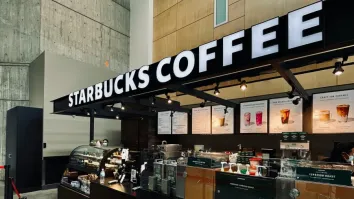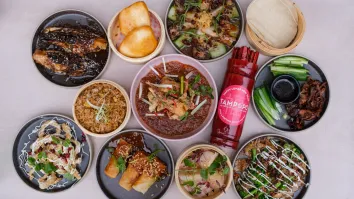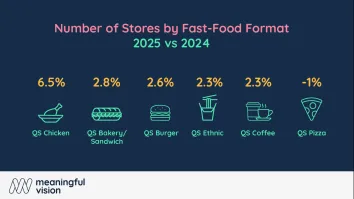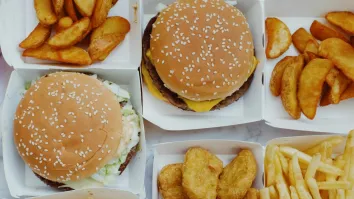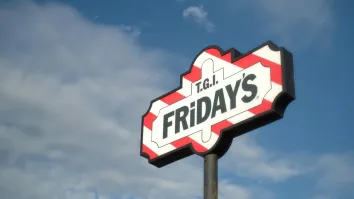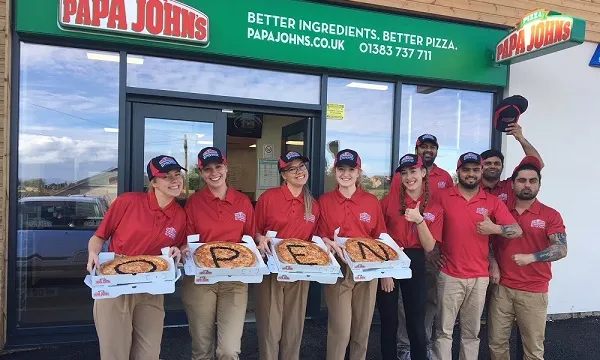
Hospitality industry sees 2.5% wage inflation in January ahead of proposed wage hike
However, the proposed wage increases will “disproportionately” impact the restaurant sector.
The hospitality industry has seen a 2.5% wage inflation to £8.84 in January ahead of the government's proposed national living wage (NLW) hike by 6.2% to £8.72 in April, suggesting a “sustained” period of wage inflation of 2-3% to meet the new wage threshold, according to statistics from leisure and hospitality software provider Fourth.
Last year, the average hourly rate for hospitality workers aged 25 and above sat around £8.60, roughly 40p greater than the minimum NLW of £8.21 introduced in April. The same age group, now currently earning £8.45, has also seen a steady rise in average wage by 6% each year for the past three years.
For their younger counterparts, 21-24-year-olds earns £8.76 an hour on average, 56p higher than the proposed new rate of £8.20, whilst 8-20-year-olds earn £8.06 per hour, £1.61 more than April’s new rate of £6.45.
“Historically, businesses have paid a premium above the NLW to attract and retain the best employees, and January’s rapid wage inflation shows that this is set to continue over the coming months, where it may well rise by a further 2-3% between now and April, as operators continue to seek the best staff,” VP of Analytics Mike Shipley said in a statement.
However, Fourth noted that the proposed increases will “disproportionately” impact the restaurant sector.
“The fact that unemployment levels are at their lowest since 1970 means that demand for quality workers is most likely going to increase, further inflating wage rates in a highly competitive labour market,” Shipley said.
“These pressures will likely be exacerbated by a shrinking pool of workers from the EU, as the fallout from Brexit will likely impact the volume of European workers moving to the country, along with permutations around the status of workers currently living and working in the UK,” he said.
Moreover, the new wage hike could be “hugely impactful” on overall net profit margins of hospitality businesses, Shipley emphasized, “adding significant labour cost pressures on operators and squeezing already tight margins.”
“To mitigate this, it’s imperative that operators look at measures to drive efficiency and productivity across the business utilising smart technology,” he suggested.


